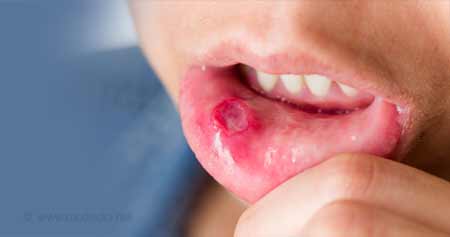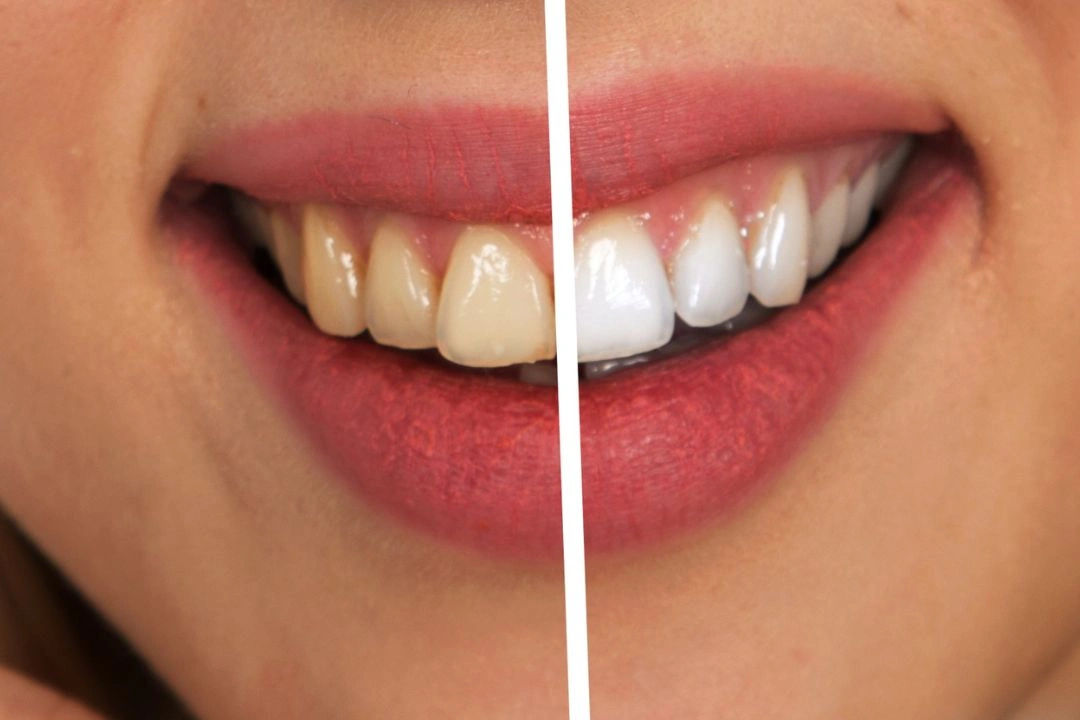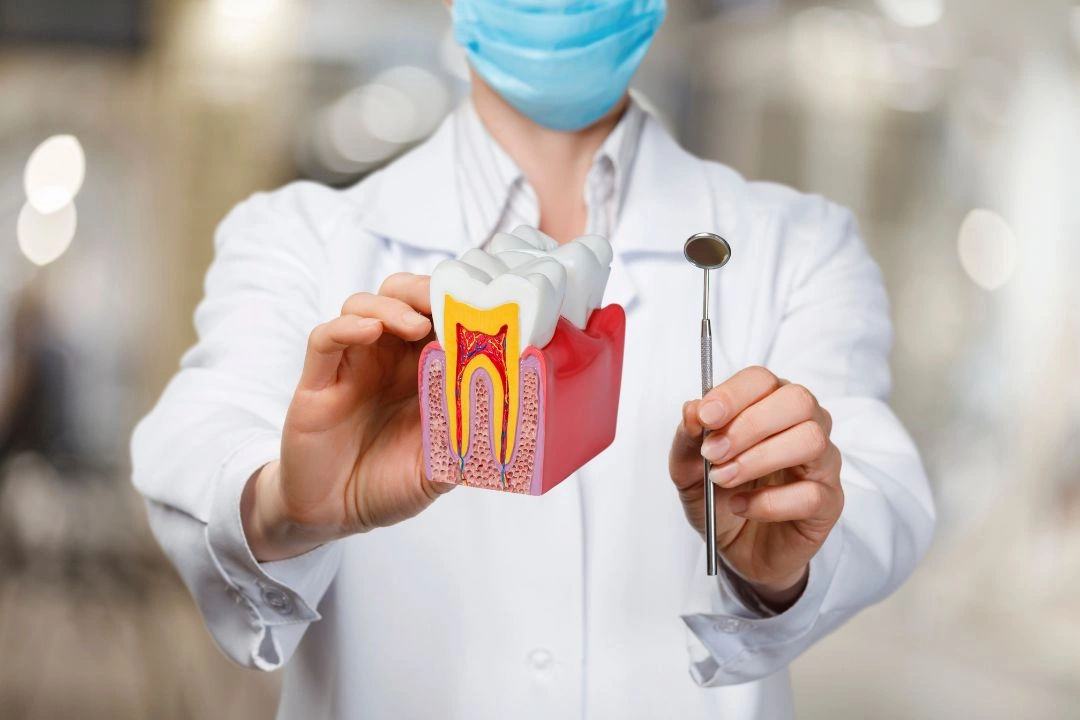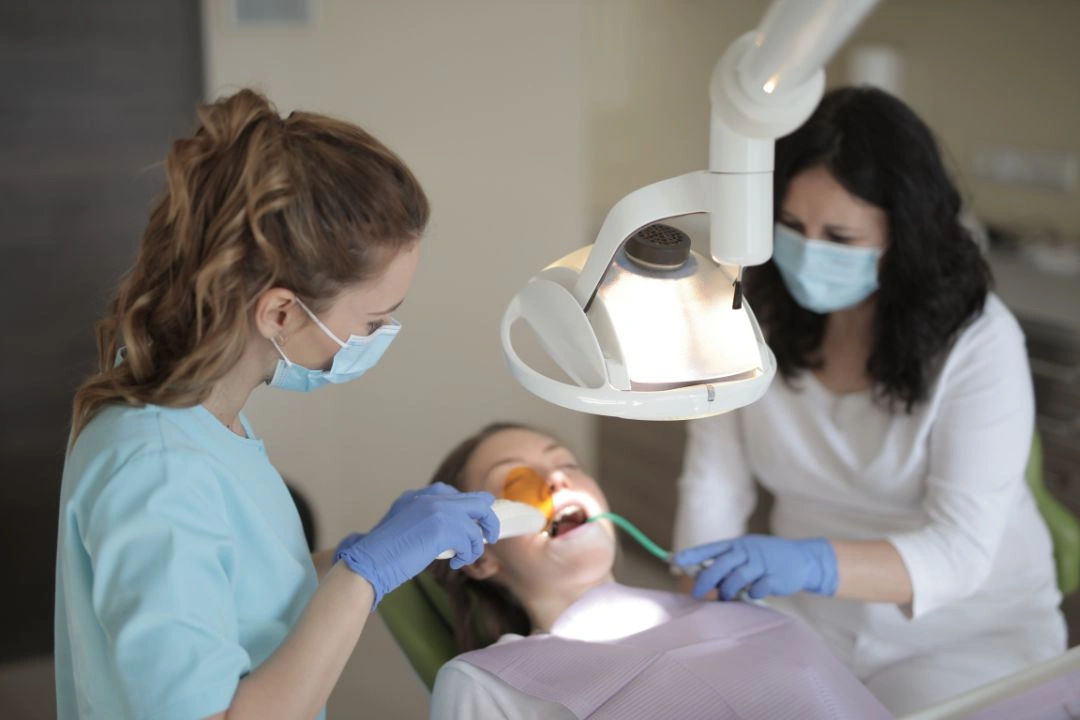The Use of Medicine for Mouth Ulcers: For Your Good Health

Mouth Ulcers - An Overview:
Mouth ulcers, also known as canker sores, are a common oral health issue that can affect individuals of all ages. These painful sores typically develop on the soft tissues inside your mouth, such as the inner cheeks, tongue, gums, or the roof of the mouth. Mouth ulcers can cause discomfort while eating, drinking, or speaking, and they can significantly impact your overall quality of life.
Causes of Mouth Ulcers:
Several factors can contribute to the development of mouth ulcers:
1. Tobacco or Smoking:
Using tobacco or smoking can irritate the sensitive tissues in your mouth, increasing the risk of developing ulcers.
2. Spicy or Acidic Foods:
Consuming highly spicy or acidic foods can irritate the mouth lining and trigger ulcer formation.
3. Nutritional Deficiencies:
Inadequate intake of essential vitamins and minerals, such as vitamin B, vitamin C, and iron, can make you more susceptible to mouth ulcers.
4. Oral Trauma:
Accidental biting, sharp dental braces, or any other form of physical trauma to the mouth can lead to ulcer formation.
5. Stress:
Emotional stress can weaken the immune system, making it easier for mouth ulcers to develop.
Types and Symptoms of Mouth Ulcers
Mouth ulcers, also known as canker sores, can manifest in various forms, each with its own distinct symptoms:
- Minor Aphthous Ulcers:
These are the most common type and typically appear as small, round or oval sores with a white or yellowish center and a red border. They are usually less than one centimeter in diameter and tend to heal within one to two weeks.
- Major Aphthous Ulcers:
These are larger and deeper ulcers, often exceeding one centimeter in diameter. They are more painful and can take several weeks to heal. Scarring is possible after healing.
- Herpetiform Ulcers:
Although they sound related to herpes, herpetiform ulcers are not caused by the herpes virus. They are characterized by tiny, pinpoint-sized ulcers that can cluster together to form larger, irregular-shaped sores. These ulcers tend to heal within one to two weeks.
Triggers of mouth ulcer
Understanding the underlying causes and triggers of mouth ulcers can be essential for effective management:
- Immune System Dysfunction:
An overactive immune response can lead to the development of mouth ulcers. The immune system may mistakenly target and damage healthy mouth tissues.
- Genetics:
Some individuals are genetically predisposed to developing mouth ulcers, and a family history of these ulcers may increase the likelihood of experiencing them.
- Hormonal Changes:
Hormonal fluctuations, such as those occurring during menstruation or pregnancy, can trigger mouth ulcers in some people.
- Allergic Reactions:
Certain foods or dental products can cause an allergic reaction in the mouth, leading to ulcer formation.
Treatment Options for Mouth Ulcers
Effective treatment for mouth ulcers aims to alleviate pain, promote healing, and prevent complications. Here's a more detailed look at various treatment options:
- Medicated Mouthwashes:
- Medicated mouthwashes containing ingredients like chlorhexidine, hydrogen peroxide, or saline solution can be highly beneficial. These mouthwashes help cleanse the ulcers, reduce inflammation, and prevent secondary infections. Rinse your mouth with the prescribed or over-the-counter mouthwash (medicine for mouth ulcer) as directed by your healthcare provider or the product label.
- Pain Relievers:
- Over-the-counter pain relievers, such as ibuprofen (Advil) or acetaminophen (Tylenol), can provide significant relief from the discomfort associated with mouth ulcers. Ensure you follow the recommended dosage of medicine for mouth ulcer and consult a healthcare professional if you have any concerns or if the pain persists.
- Topical Corticosteroids:
- For more severe pain and inflammation, your healthcare provider may prescribe topical corticosteroid gels or ointments. These medications work by reducing inflammation and suppressing the immune response in the affected area. Apply the prescribed corticosteroid as directed, typically two to four times daily, while avoiding excessive use to prevent potential side effects.
- Oral Rinses and Solutions:
- Sucralfate suspension is an oral coating agent that can create a protective barrier over ulcers, helping to reduce irritation and promote healing. Dexamethasone solution may be used to alleviate inflammation and discomfort. Follow your doctor's instructions on how to use these oral rinses or solutions effectively.
- Prescription Medications:
- In some cases, particularly for individuals with recurrent or severe mouth ulcers, medicine for mouth ulcer like tetracycline mouthwash or systemic corticosteroids may be recommended. These medications target the underlying causes of mouth ulcers and help manage chronic or more complex cases.
- Laser Therapy:
- For particularly painful or large ulcers, laser therapy may be employed. Laser treatment can accelerate healing and reduce pain by sealing nerve endings in the affected area. This is typically performed by an oral healthcare specialist.
- Silver Nitrate Application:
- In some instances, silver nitrate may be applied topically to cauterize the ulcer, which can promote healing. This procedure is usually performed by a healthcare professional.
- Baking Soda Rinse:
A simple and cost-effective home remedy involves mixing a small amount of baking soda with water to create a paste. Apply this paste directly to the ulcer, and then rinse your mouth. Baking soda can help neutralize acidity and reduce pain.
Precautions and Self-Care
In addition to seeking appropriate treatment, practicing good self-care and taking precautions can enhance your recovery from mouth ulcers:
- Oral Hygiene:
Maintain diligent oral hygiene practices by brushing your teeth gently with a soft-bristle toothbrush. Use a toothpaste that is free from irritating ingredients like sodium lauryl sulfate.
- Avoid Trigger Foods:
Identify and steer clear of foods and beverages that tend to trigger or exacerbate mouth ulcers. Spicy, acidic, and rough-textured items can be particularly irritating.
- Oral Care Products:
Choose oral care products, such as mouthwash and toothpaste, that are specifically designed for sensitive mouths. Avoid products containing alcohol or harsh chemicals that may worsen ulcers.
- Stress Management:
Stress can exacerbate mouth ulcers in some individuals. Engage in relaxation techniques, such as meditation, deep breathing exercises, or yoga, to help manage stress and reduce the risk of ulcer recurrence.
- Stay Hydrated:
Drink plenty of water throughout the day to prevent mouth dryness, which can aggravate ulcers. Hydration supports the healing process.
When to Seek Medical Attention
While many mouth ulcers resolve on their own or with home remedies, there are instances when medical attention is necessary. Consult a healthcare professional if:
- The ulcers persist for more than three weeks.
- You experience severe pain, difficulty eating, or significant weight loss due to mouth ulcers.
- The ulcers recur frequently or in clusters.
- You notice additional symptoms, such as fever, swollen lymph nodes, or unexplained bleeding from the ulcers.
In such cases, a healthcare provider can conduct a thorough evaluation, including a physical examination and, if needed, diagnostic tests, to determine the underlying cause and recommend appropriate treatments.
In conclusion, understanding the full spectrum of treatment options, precautions, and self-care strategies is crucial for effectively managing and finding relief from the discomfort associated with mouth ulcers. It can significantly improve your quality of life while dealing with this common oral condition. While mouth ulcers can be painful and uncomfortable, they are typically manageable with appropriate medicine for mouth ulcer and care. It's essential to consult a healthcare professional for proper diagnosis and guidance, as the treatment may vary depending on the underlying cause and severity of the ulcers. Hence, if you or loved one is suffering from mouth ulcers, visit AMD Dental Clinic for the best treatment.
- A-3, Natraj Nagar near Imli Phatak, Jaipur-302015
- +91 9945826926
- contact@amddentalclinic.com

Teeth Whitening Side Effects: What You Should Expect and How to Avoid Them
Discover common teeth whitening side effects like sensitivity & gum irritation. Learn expert tips to avoid them and achieve a brighter smile safely.

The Role of RCT Specialists in Saving Infected Teeth: What Makes Them Different?
Discover how RCT specialists at AMD Dental Clinic in Jaipur expertly save infected teeth with advanced root canal treatments and pain-free care.

Emergency Dental Services in Jaipur: Which Clinic Should You Call First?
Emergency dental help in Jaipur is just a call away. AMD Dental Clinic ensures fast, effective treatment with expert hands.

